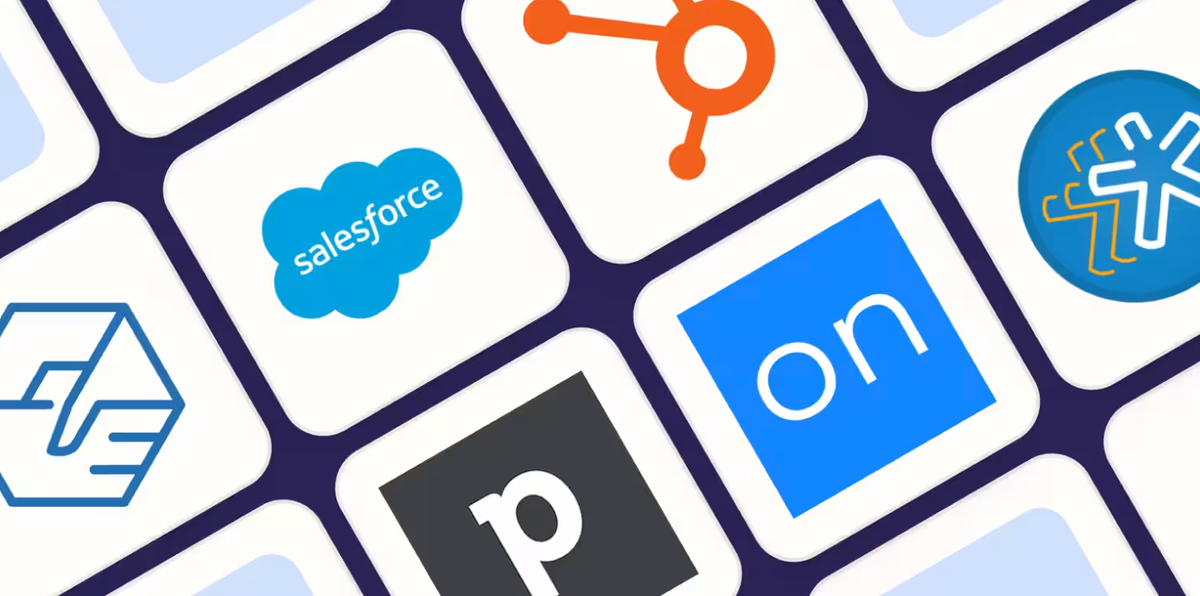What is CRM Software? A Comprehensive Guide and Historical Overview

For business professionals, CRM is an essential tool in their daily operations. But what exactly is CRM, and what does CRM software entail?
Defining CRM
CRM stands for Customer Relationship Management, which encompasses any tool, strategy, or process that aids businesses in organizing and accessing customer data. It originated from simple handwritten notes and Rolodexes and has evolved with digital technology into complex databases and software systems. Initially, CRM referred to basic notes and contact management but has since become a sophisticated system necessary for businesses to remain competitive.
Evolution of CRM Software
Early Beginnings
The concept of CRM dates back to the late 1960s and 1970s when businesses tracked their leads and contacts using offline methods like journals and Rolodexes. As technology advanced, the 1980s and early 1990s saw the advent of digital database management systems, which evolved into Sales Force Automation (SFA) technology. This laid the foundation for modern CRM systems.
Modern CRM Systems
Today's CRM systems are far more advanced, bridging marketing, sales, and service teams on a common platform to provide seamless customer experiences. They incorporate omni-channel communication, marketing automation, performance tracking, and analytics. This comprehensive approach ensures that customer relationships are nurtured across all touchpoints, not just by the sales team.
Importance of CRM Software
CRM software is vital for businesses looking to streamline their operations and enhance customer interactions. A CRM system:
- Centralizes Customer Data: It keeps all customer information in one place, accessible to everyone in the organization.
- Enhances Coordination: Different departments can access real-time client data, enabling better coordination and personalized customer journeys.
- Provides Analytical Insights: Advanced analytics help businesses make data-driven decisions, improving overall performance.
- Facilitates Scalability: Cloud-based CRM software can grow with your business, making it suitable for companies of all sizes.
Benefits of CRM Software
Boosting Sales
A CRM helps identify, nurture, and follow up on quality leads, ensuring that resources are not wasted on unlikely prospects. This leads to a shorter sales cycle and higher conversion rates.
Streamlining Business Processes
By automating routine tasks, CRM software allows sales teams to focus on closing deals rather than mundane activities. This increases productivity and ensures that processes are executed efficiently.
Ensuring Data Security and Compliance
CRM vendors provide robust security measures to safeguard customer data. Features like GDPR compliance are crucial for businesses operating in or with the European Union.
Supporting Tactical Decision-Making
Accurate data and detailed reports from a CRM system help decision-makers respond to market trends with informed decisions. This strategic advantage can significantly impact business success.
Enhancing Mobile Accessibility
With a mobile CRM app, sales reps can access crucial information on the go, enabling them to update data and communicate with the team in real-time.
Improving Customer Satisfaction
A CRM system provides historical data and insights into customer issues, helping teams resolve inquiries quickly and effectively. This leads to higher customer satisfaction and retention rates.
Choosing the Right CRM Software
When selecting a CRM tool, businesses must decide between cloud-based and on-premise solutions. Each has its pros and cons:
Cloud CRM
- Infrastructure: Requires only a browser and internet connection.
- Accessibility: Data is accessible from anywhere, and vendors often provide mobile apps.
- Cost: Subscription-based with lower upfront costs.
- Customization: Generally easier and quicker to deploy.
- Security: Vendors offer robust security measures.
- Scalability: Easily scalable to accommodate business growth.
On-Premise CRM
- Infrastructure: Requires setting up servers on business premises.
- Accessibility: Data is hosted locally and accessible only within the network.
- Cost: Higher upfront costs for server and software installation.
- Customization: Deployment is longer and more labor-intensive.
- Security: The business is responsible for data security.
- Scalability: Requires costly upgrades or replacements for scaling.
Given the advantages, cloud CRM software is often the preferred choice for modern businesses.
Implementing a CRM Strategy
A strong CRM strategy is crucial for business success. It helps streamline customer interactions across multiple channels and provides a 360-degree view of customer data. This allows businesses to build personal connections with customers, understand their needs, and offer personalized services.
SuperCRM: A Leading CRM Platform
Why Choose SuperCRM?
SuperCRM stands out with its comprehensive features and intuitive UI. Unlike other CRMs that lock users into long-term contracts, SuperCRM offers flexible, month-to-month subscriptions that can grow with your business.
Unified CRM Platform
SuperCRM unites marketing, sales, and service teams, promoting positive customer experiences and building lasting relationships. Its broad coverage and deep features make it a formidable tool for any business.
Innovative Design with Canvas
SuperCRM's Canvas feature allows users to redesign the CRM's look and feel with a simple drag-and-drop editor. This customization ensures that the CRM aligns with the specific needs and preferences of each business.
Personalized Customer Journeys
With CommandCenter, SuperCRM enables the creation of personalized customer journeys by coordinating actions across departments and third-party apps. This ensures a seamless brand experience for every customer.
Predictive Sales and Intelligence
SuperCRM's AI assistant, offers intelligent suggestions to enhance team performance and make accurate predictions for better decision-making. Dia can also detect data anomalies and analyze natural language sentiment.
Customer Testimonials
SuperCRM has garnered positive feedback from users who appreciate its flexibility, customization options, and robust features. Customers have noted significant improvements in their sales processes, project management, and overall business growth.
Conclusion
CRM software is an indispensable tool for modern businesses. It helps streamline operations, enhance customer interactions, and provide valuable insights for informed decision-making. With the right CRM system, businesses can boost sales, improve efficiency, and ensure customer satisfaction.
SuperCRM stands out as a leading CRM platform, offering innovative features, robust security, and flexible subscription options. Its comprehensive approach to customer relationship management makes it an ideal choice for businesses looking to enhance their CRM strategy.
By understanding the history and benefits of CRM software, businesses can make informed decisions and leverage the power of CRM to achieve their goals. Whether you are a small business or a large enterprise, a well-implemented CRM system can transform your operations and drive growth.
In the ever-evolving landscape of business technology, CRM software remains a cornerstone for success. As businesses continue to embrace digital transformation, the role of CRM systems will only become more critical in managing customer relationships and driving business success.


